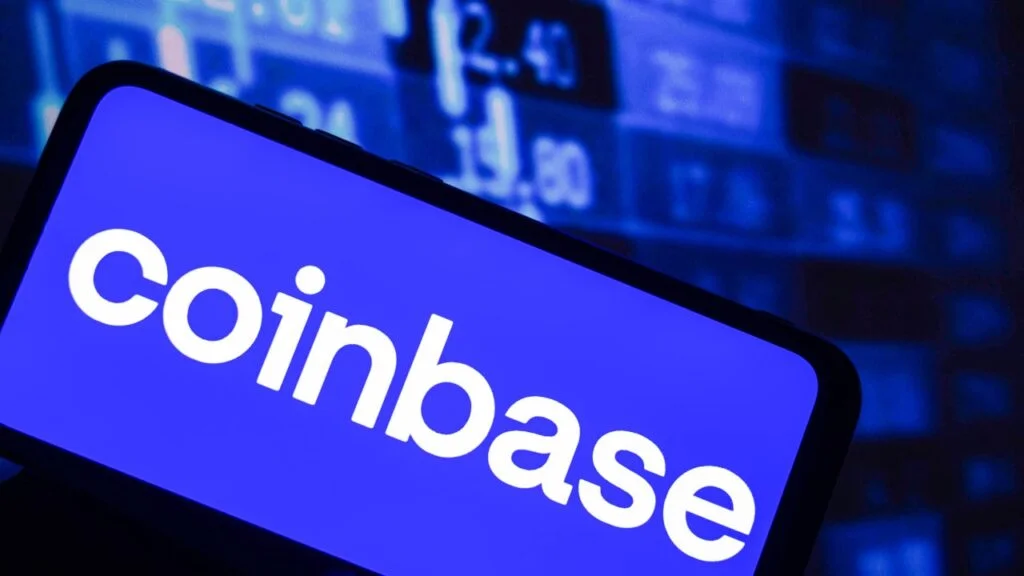Coinbase has announced the launch of its Verifications platform, which brings know-your-customer policies on-chain using the Ethereum Attestation Service.

Coinbase, one of the largest and most popular crypto exchanges, has launched its Verifications platform, which brings identity verification on-chain using the Ethereum Attestation Service (EAS).
The exchange said that launching identity verification on the chain protocol level increases security and transparency, providing a solution to common challenges associated with typical KYC methods.
A New Way to Verify Your Identity on the Blockchain
Coinbase Verifications is a platform that allows users to verify their identities on-chain using the EAS, an open standard that enables anyone to make attestations on chain or off chain about anything.
According to Coinbase Cloud, the company’s blockchain infrastructure arm, the verifications are public and composable, meaning that they can be used by other applications and protocols.
Coinbase Verifications, built on Coinbase’s layer-2 Base, already has about 9,300 attestations from users, according to data from analytics firm Dune.
The service is expected to help particularly with Sybil attacks, which is when hackers use a single node to create many fake identities.
“The service is the next step toward using open source, public good infrastructure to enable the next billion users to come on-chain.”
Jesse Pollak, creator of Base
Ethereum to Bring Identity Verification on-chain
The launch of Coinbase Verifications marks Coinbase’s entry into the decentralized identity game, which has been gaining traction in the crypto space.
One of the leaders in the space is Proof of Humanity, a verification protocol where users can submit social and video proof of their identities. Proof of Humanity was launched on the Ethereum-built application Kleros in 2021.
Proof of Humanity aims to solve the problem of identity verification in digital interactions, where it is hard to know who is sitting on the other side of the screen.
It also enables users to access universal basic income (UBI) tokens, which are distributed to verified humans.
Another decentralized identity solution is SelfKey, a platform that allows users to create and manage their own identity wallets, where they can store and share their personal data and documents.
SelfKey also enables users to access various services and products, such as crypto exchanges, bank accounts, and loans, without compromising their privacy.
SelfKey aims to empower users to own and control their digital identities, as well as to protect them from identity theft and fraud.
It also leverages blockchain technology to ensure the security and immutability of the identity data.
The Implications for the Crypto market
The launch of Coinbase Verifications could have significant implications for the crypto market and its participants. The platform could enhance the trust and legitimacy of the crypto space, as well as improve the compliance and regulation of the crypto industry.
Coinbase Verifications could also create new opportunities and challenges for the crypto users and service providers, as it could enable new use cases and applications that require identity verification, such as voting, governance, and social networking.
However, it could raise some concerns and questions about the privacy and security of the identity data, as well as the potential trade-offs between decentralization and centralization.
Coinbase Verifications is a major innovation in the crypto space, as it brings identity verification on-chain using an open standard.
The platform could pave the way for a more transparent and secure crypto market, as well as a more inclusive and accessible crypto ecosystem.
